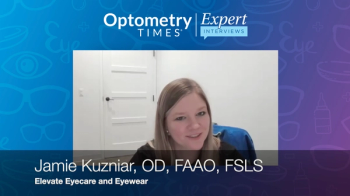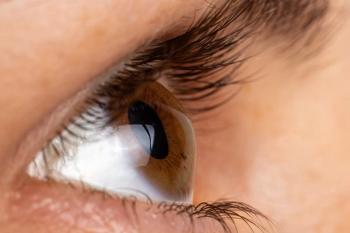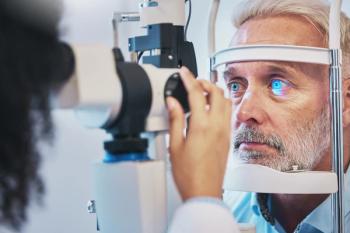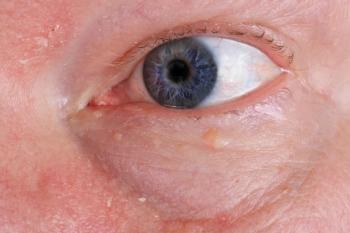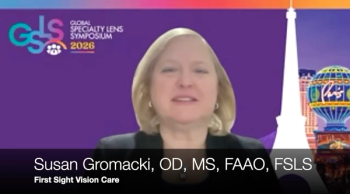
Zero itch in eyes treated with olopatadine in bilateral conjunctival allergen challenge studies
Analysis of data from two bilateral conjunctival allergen challenge studies of 0.2% olopatadine hydrochloride ophthalmic solution should reassure clinicians that this product will provide optimal relief for the vast majority of patients with allergic conjunctivitis.
Memphis, TN-Analysis of data from two bilateral conjunctival allergen challenge (CAC) studies of 0.2% olopatadine hydrochloride ophthalmic solution (Pataday, Alcon) should reassure clinicians that this product will provide optimal relief for the vast majority of patients with allergic conjunctivitis. The post-hoc analysis showed that ocular itching was prevented in a higher percentage of eyes treated with olopatadine when compared with vehicle, said Michael S. Blaiss, MD, clinical professor of pediatrics and medicine, University of Tennessee Health Science Center, Memphis.
Dr. Blaiss analyzed combined data on 85 patients participating in two prospective, randomized, double-masked bilateral CAC studies.
According to Dr. Blaiss, the analysis was another way of looking at the data and should be helpful to clinicians. "I think it tells us more about how this drug works in the real world," he explained.
"When patients come to see us for ocular allergies, especially when we start getting spring pollen, they want something that will work rapidly as far as controlling their itch," Dr. Blaiss said. "Itch is the major symptom that patients complain about when they come in with ocular allergy problems."
He reviewed data on both onset and duration of action in two studies used to support the FDA's approval of olopatadine. In these studies, patients received olopatadine in one eye and placebo in the other and then assessed ocular itching on a scale of 0 (none) to 4 (severe). Those with a score of at least 2 were challenged with antigen 27 minutes after dosing for the assessment of onset of action. They were challenged again at 16 hours after dosing for the duration of action assessment. In addition, the percentage of patients with zero itch in both studies was assessed at 3 minutes after the allergen challenge.
After the onset of action allergen challenge, 60.0% of the eyes treated with olopatadine had zero itch at the 3-minute timepoint, compared with 5.9% for the vehicle-treated eyes (p < 0.0001). At 3 minutes post-allergen challenge following 16-hour dosing, 59.8% of the olopatadine-treated eyes had zero itch, compared with 22.0% for eyes treated with vehicle (p < 0.0001).
For clinicians, the important message from these findings is that they can prescribe a product that will completely eliminate ocular itch in most patients, Dr. Blaiss said. Although this is important at any time of the year, spring is the roughest time of the year for many patients and a period when an effective medication is even more critical, he added.
FYI
Michael S. Blaiss, MD
Phone: 901/757-6100
E-mail:
Dr. Blaiss is a consultant for Alcon.
Newsletter
Want more insights like this? Subscribe to Optometry Times and get clinical pearls and practice tips delivered straight to your inbox.


